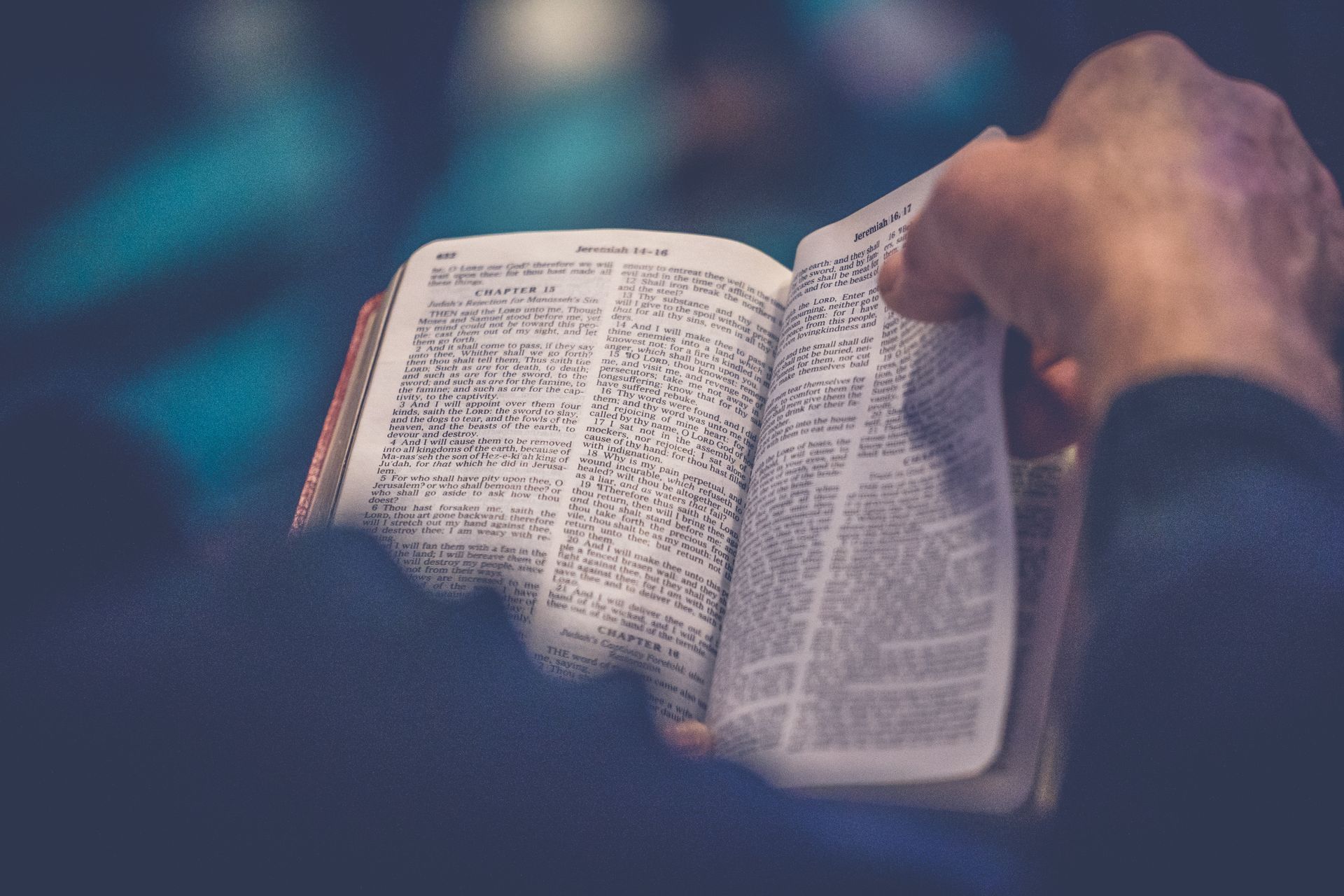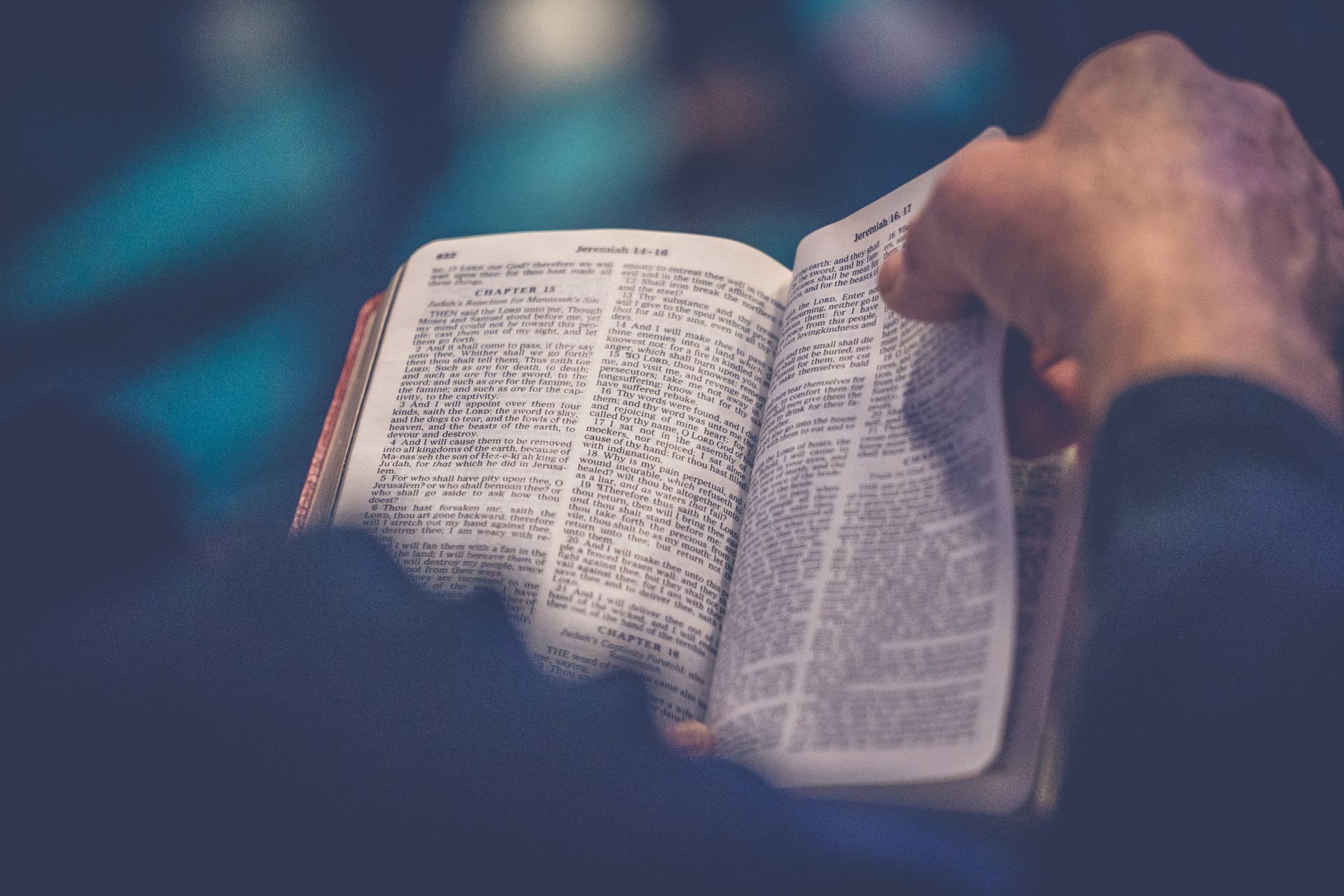By Dr. Pat Saxon
•
February 26, 2026
SONG LYRICS From the dawn of Texas skies/Robes of saffron start to rise,/Walking safely mile by mile, /Carrying peace in every smile. Wind is whispering on the road,/ “Spread your love across the world.” Silent prayers in every stride, /Hope becomes their gentle guide. Step by step we carry peace,/Let the suffering slowly cease./Hearts awaken, fears release. /Together we walk for peace. Step by step in harmony,/Boundless love for all to see/Let compassion never cease. /Together we walk for peace. Song written by Snehashis Priya Barua https://www.youtube.com/watch?v=HGQFC709qLs WORDS OF HOPE With her mother’s hand on her shoulder for encouragement, a small girl holds out a flower to the saffron-robed monk. He looks kindly into her eyes, smiles a gentle smile, and speaks words known only to the two of them. The monk is the Venerable Bhikkhur Pannakara, leader of a group of 19 Buddhist monks who have made their 108 day, 2300 mile Walk for Peace. He would become the voice for this holy band as they walked mile after mile, sometimes through treacherous winter weather, suffering a car accident which would send one monk to the hospital for a leg amputation, and companioned by Aloka, the spirit-dog who would be by their side in his own “robes” of cold weather vests and sweaters, who paused for head scratches, belly rubs, and treats, and who was sidelined for a while by knee surgery. But through it all the monks’ faithful commitment continued, carried on prayer and the welcome of thousands of people in this country. A man in a wheelchair, yearning for more independence, joins the group for a week and finds the embrace of community. A stage four cancer patient feels a life force in this pilgrimage that helps him bear the diagnosis. As the devotees of peace pass through rural towns and urban thoroughfares on their trek from Fort Worth to Washington DC, people of all ages, ethnicities, and religions press their palms together prayer-like and bow in reverence. They hold posters of blessing and gratitude and speaking peace. Some offer gifts. As the group progresses, the crowds begin to grow. Hospitality blooms in the shared experience, the meals offered, the stories exchanged. Something profound is happening here and, like the bleeding woman who would touch the hem of Jesus’ garment to be healed, the wounded of our nation, torn by division and hostility, come—in person and virtually. In gatherings along the way, the Venerable Pannakara speaks of our need for mindfulness—the key to peace-- to calm the disorder of our monkey minds. He urges us to put away our phones more, to breathe peace and walk in loving kindness and compassion. Rather than waking up with anxiety and fear, he invites us to a new mantra: Today is going to be my peaceful day. * In confidence, he asserts that if each person just takes a second to ask if this [word or action] would hurt anyone, the world would already be kinder. The monks are clear that this walk is not a protest or even an advocacy. It is a spiritual offering. People feel it and are deeply moved. As we begin our own holy season of Lent, I pray that we might make our own commitment—to return to God with all our hearts and to breath in peace, breath out compassion. PRAYER Holy God, May these seeds of peace flourish in us and through our acts of loving kindness. May we together walk for peace. Amen . DEVOTION AUTHOR Dr. Pat Saxon *This link holds a brief but powerful teaching on this mantra by the Venerable Pannakara. https://www.youtube.com/watch?v=xXVq7pfgCQk





